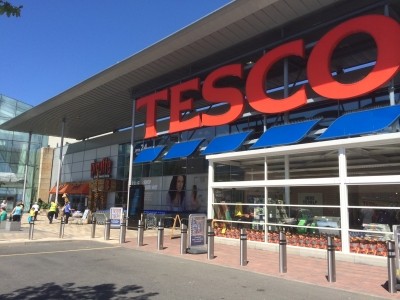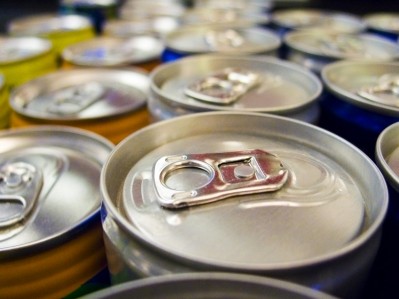Labour plans tougher food regulation

Speaking in a debate on ‘Making an affordable nutritious food system accessible to all’ at last month’s Food Matters show in London, Debbie Abrahams, parliamentary private secretary to shadow health secretary Andy Burnham and a member of the shadow health team, revealed some of the likely areas of focus in Labour’s soon-to-be published policy paper on public health.
While taxes on foods high in fat, sugar and salt (HFSS) have been rejected by successive shadow public health ministers, Labour is considering tougher regulation in other areas of the supply chain, such as more “joined up” local planning controls over fast food outlets and in the marketing of HFSS food and drink, particularly to children.
More we must be doing
“There is a lot more we must be doing around food labelling, but also around the potential for regulation around levels of sugar, fat and salt for foods particularly being marketed at children,” said Abrahams.
“We have a public health green paper about to be published, which will be looking at this, but also at a wider range of local and government policies on health and food poverty.”
Abrahams also proposed that more responsibility should be given to local Health and Wellbeing Boards as a way of reducing health inequalities. She referred to the large number of people now living in poverty and the rising numbers dependent on food banks.
Poorer people are known to spend disproportionate amounts on HFSS foods, which are linked to rising obesity and health costs through rising cardiovascular disease.
“Since 2010 there is increasing poverty and there are more people in work in poverty now,” said Abrahams. “On top of the food and fuel price increases, there have also been a disproportionate increase in the cost of health reforms.”
‘Real issue’
She added: “Food inequality is a real issue for us. We have seen a rise in food banks partly because of this, but also because of the welfare reforms.”
Abrahams was speaking during a panel session, which also included food minister George Eustice, chair of The London Food Board, Rosie Boycott, and professor of food and social policy at the Centre for Food Policy at City University London, Martin Caraher.
While the Conservatives and Labour are both against taxation as a means of controlling levels of fat, sugar and salt in food and drink, both Boycott and Caraher were strongly in favour.
In a subsequent session on nourishing the next generation, Professor Mike Rayner, director of the British Heart Foundation Centre at the University of Oxford, also called for sugar taxes to be introduced because of our “failure to control the free market in food”.















